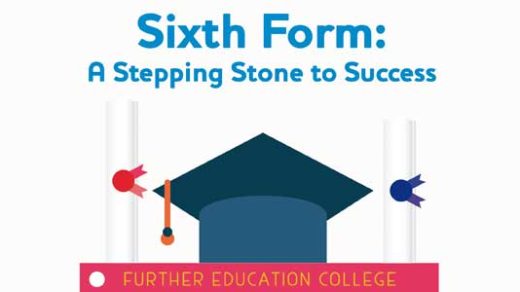“Fulfilling your potential at school shouldn’t be down to how much your parents earn” – New DfE data reveals disadvantaged students are half as likely to get a good pass in GCSE English or maths compared to peers

Today, the Department for Education (DfE) revealed the attainment gap between disadvantaged and non-disadvantaged students has widened in its latest Key Stage 4 performance data, covering the last academic year (2023/2024).
25.8 per cent of disadvantaged pupils got a grade 5 in English and maths compared to 53.1 per cent of their non-disadvantaged peers.
Data revealed that for the percentage of students achieving grades 5 (good pass) and above in English and maths, the attainment gap increased from 2022/23 (27.2 to 27.3) and also increased compared to 2018/19 (25.2 up to 27.3).
Progress 8 scores for disadvantaged and non-disadvantaged students also showed that non-disadvantaged pupils averaged a Progress 8 score of 0.16 whereas disadvantaged pupils averaged a Progress 8 score of -0.57.
This means non-disadvantaged students, on average, progressed more than expected when compared to pupils in their prior attainment group, whereas disadvantaged pupils achieved over half a grade less than expected by the end of Key Stage 4.
Responding to the data, Chris Paterson, co-chief executive of the Education Endowment Foundation, said: “The fact that pupils from disadvantaged backgrounds are still half as likely to leave school with a ‘good pass’ in English and maths highlights – yet again – just how deep-rooted and pervasive education inequality is across England.
“These qualifications unlock future opportunities so the importance of getting a ‘good’ pass can’t be overstated. Fulfilling your potential at school shouldn’t be down to how much your parents earn, but sadly this is still far too often the case.
“We know that the new government has a core focus on child poverty and tackling education inequality. Today’s results emphasise again how desperately this is needed.
“The Pupil Premium has a vital role to play – but it has fallen significantly in real terms. And it must form part of a concerted, long-term plan, looking to the evidence of what works and ensuring teachers and practitioners have the best possible tools to support all children, regardless of their background.”






